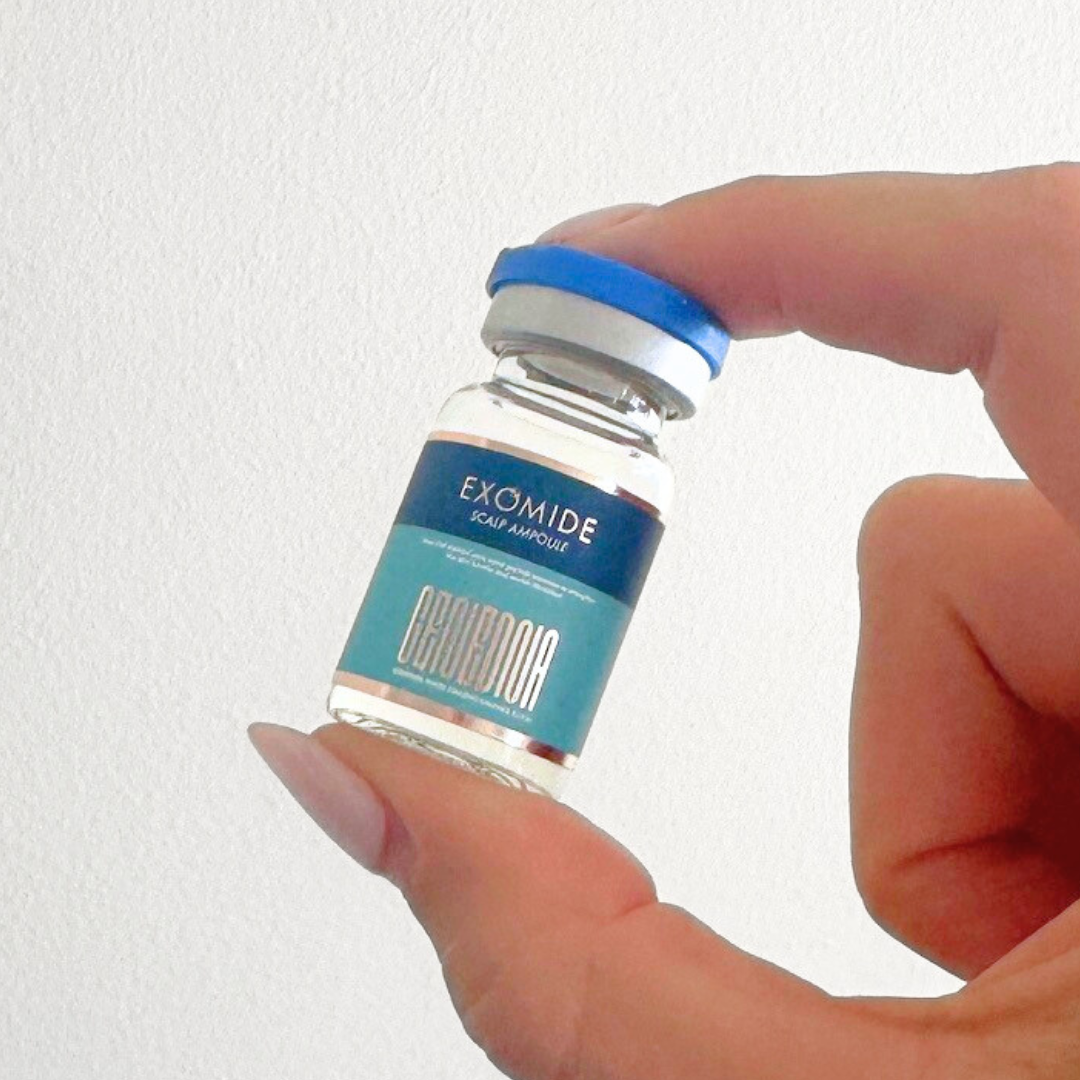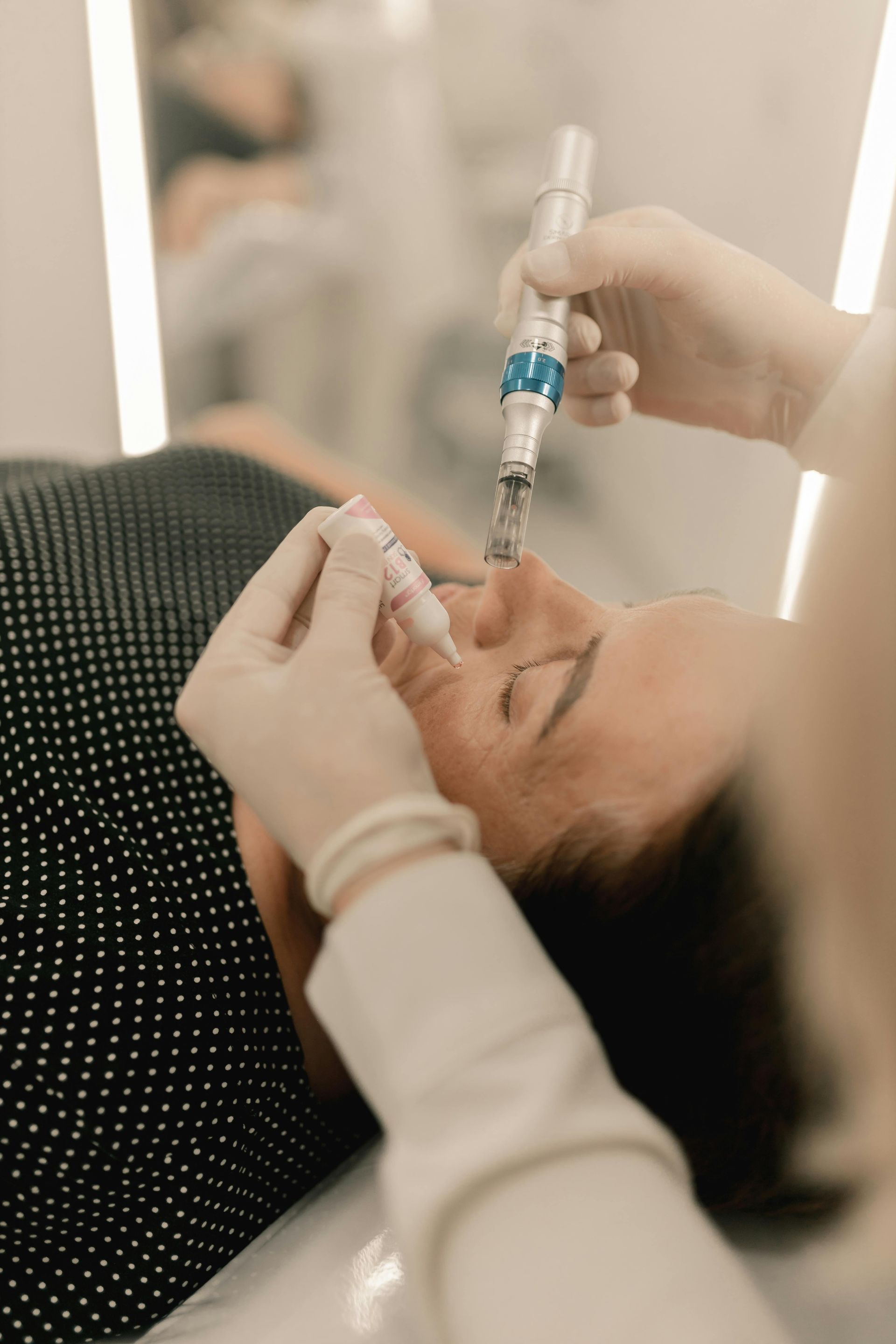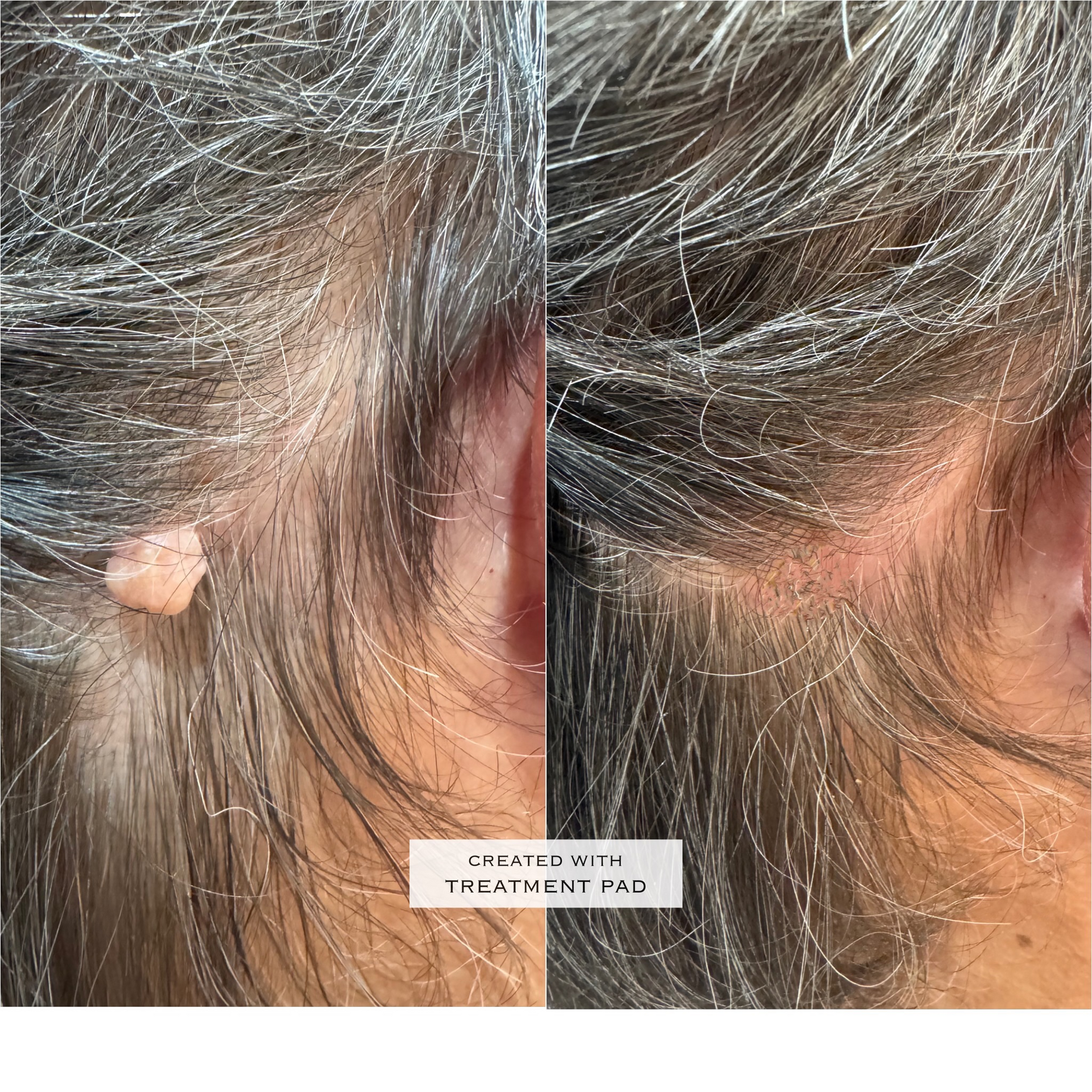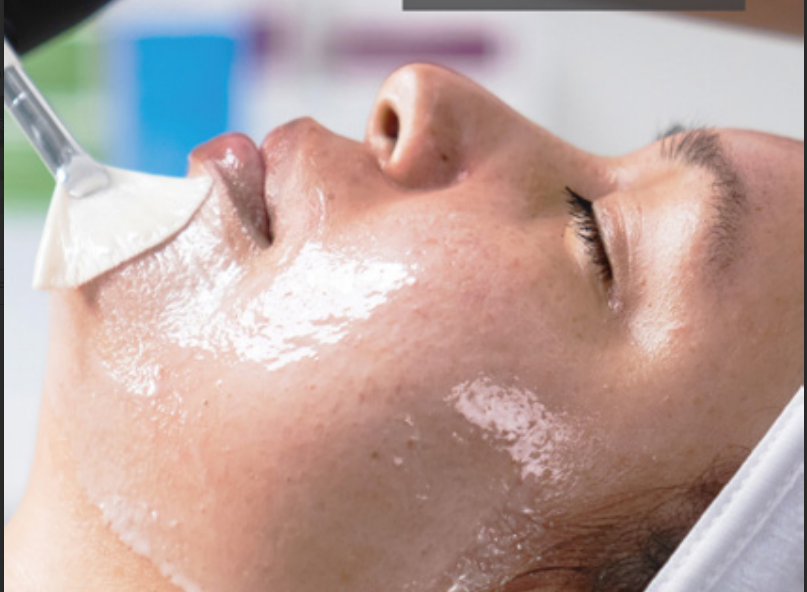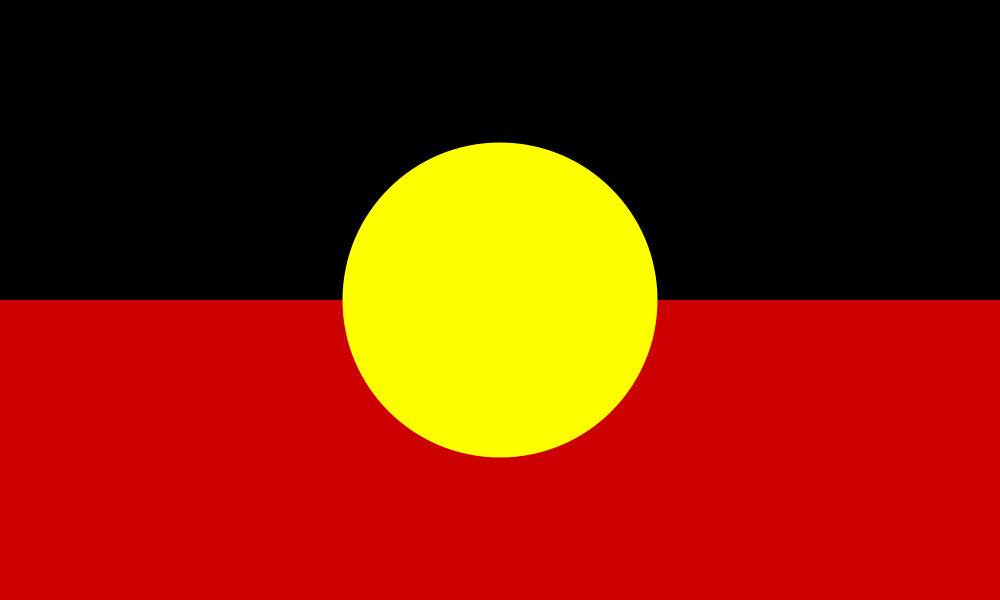Is Facial Redness Concerning You?
Facial redness is one of the most common skin concerns. There are multiple causes for redness and facial flushing, including environmental factors like a warm day or exercise and possible underlying skin conditions. The good news, however, is that regardless of what is causing redness on your face, a range of effective anti-redness skin care options will even out your skin tone, visibly reduce blotchy skin and soothe sensitive skin.
Understanding the benefits of vitamin C for the skin, and the different forms in which it comes will help you select the most suitable products for your skin needs.
Skin redness, also known as erythema, can be caused by various factors. It is a common symptom and can result from both harmless conditions and serious medical issues. Some common causes of skin redness include:
Inflammation
Redness is often a sign of inflammation, which is the body's response to injury or irritation. Inflammatory skin conditions like eczema, dermatitis, and psoriasis can cause redness.
Allergic reactions
Exposure to allergens such as certain foods, medications, plants, or substances like latex can trigger an allergic reaction, leading to skin redness and sometimes hives.
Sunburn
Overexposure to ultraviolet (UV) radiation from the sun can damage the skin and cause redness, pain, and peeling.
Rosacea
This chronic skin condition causes facial redness, often affecting the cheeks, nose, chin, and forehead. It can also lead to visible blood vessels and pustules.
Acne
Inflamed acne lesions can appear red due to increased blood flow to the affected area.
Infections: Bacterial, viral, or fungal infections can lead to redness in the affected area. For example, cellulitis is a bacterial skin infection that can cause red, swollen, and painful skin.
Irritants:
Contact with irritating substances like harsh chemicals, soaps, detergents, or certain fabrics can cause localised redness.
Autoimmune disease
Conditions like lupus and systemic sclerosis can cause skin redness due to an autoimmune response affecting the skin.
Eczema
Also known as atopic dermatitis, eczema causes inflamed, itchy, and red skin patches.
Insect bites or stings
Mosquitoes, bees, wasps, and other insects can inject venom or irritants into the skin, leading to redness and swelling.
Heat rash: Also known as prickly heat, it occurs when sweat becomes trapped under the skin, causing red, itchy, and inflamed areas.
Drug reactions
Certain medications can cause skin redness as an adverse reaction.
How can We help?
Pay attention to any unusual or persistent skin redness and seek medical advice if you are unsure of the cause or if other concerning symptoms accompany it. A healthcare professional can accurately diagnose the underlying cause and provide appropriate treatment.
In addition to professional medical advice, we also offer treatments in our cosmetic rooms.
Our range of products and treatments works amazingly and has proven to have effective results.
Talk to Radhika
We will help you identify the cause of your facial redness and formulate a plan of action to manage it best.
Read our blogs
